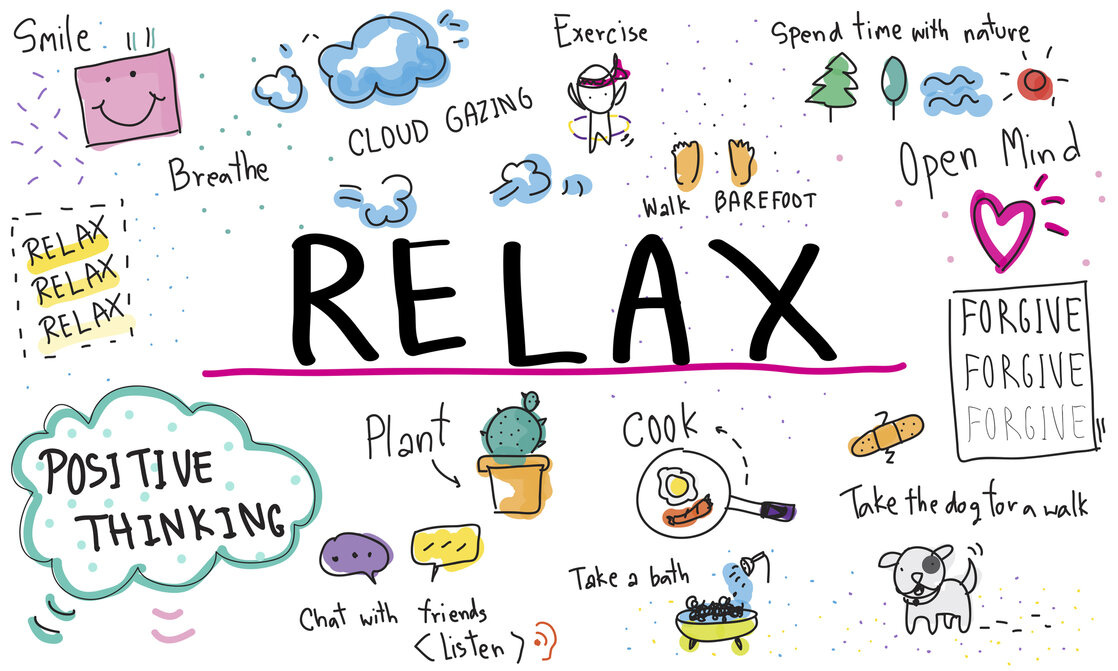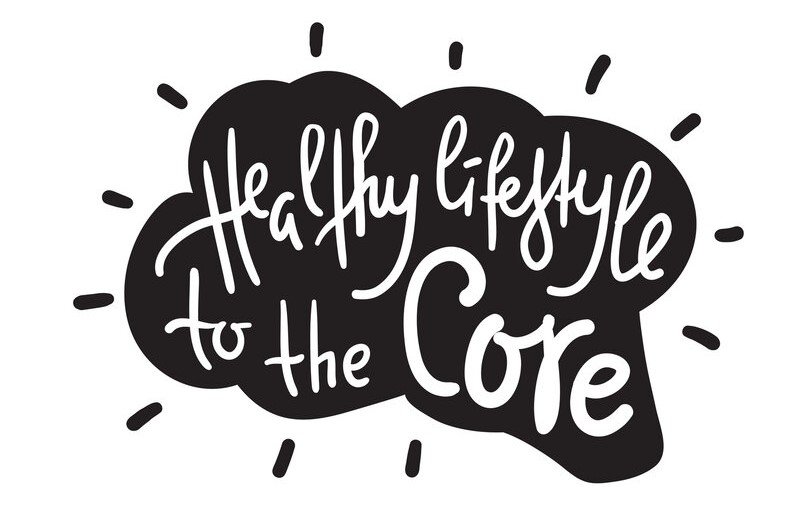The life of someone suffering from addiction and going through treatment is full of a multitude of thoughts and emotions that can be overwhelming. When one feels that there is no process to deal with these intense feelings, the person in recovery can suffer from severe anxiety and depression. If you are recovering from addiction, these thoughts likely start in detox and extend throughout your time in rehab and beyond.
Guilt from decisions you’ve made in the past can replay over and over in your head. You may feel intense feelings of regret over all the people that you feel you’ve let down or hurt, and these feelings can come into your head in the form of racing thoughts. These floods of emotions can appear out of nowhere at any time of the day or night. In the worst-case scenarios, these feelings can cause you to relapse.
Thankfully, there are many key coping methods that will help you deal with these thoughts and feelings you can use in both the short and long term. One of these key processes is mindfulness.
What Is Mindfulness?
When a thought or feeling hurts us, causing emotions such as extreme guilt or shame, a natural response is to try to bury them. Craving the lifestyle you once had, no matter how damaging, may make you feel weak, leaving you to wonder why you weren’t stronger. You may feel that too much damage has been done and that there is no coming back from the place you are in right now. Fortunately, when you practice mindfulness and are mindful of your thoughts, you can remind yourself that these thoughts are not permanent. No thought, no matter how intense or overwhelming, lasts forever, and there are ways to navigate through them positively.
Mindfulness is being aware of the thoughts a person has in the present moment. Admitting that these thoughts exist and that they will not last forever can make all the difference when moving through recovery. Simply being aware that thoughts are real and a natural part of life can bring clarity to a situation and foster a psychological acceptance that whatever emotions a person is feeling is ok.
Mindfulness and Addiction Treatment
Someone recovering from addiction may believe mindfulness is nothing more than a new age cure with no real value, but nothing is further from the truth. There is a large body of scientific data that shows how mindfulness has immediate and lasting effects on patients in recovery. Mindfulness is incorporated in many therapies, including cognitive therapy, dialectic behavioral therapy, and stress reduction therapy. These often lead to successful and concrete results.
In one 8-week study, scientists found that mindfulness can make actual changes to the brain itself. The region of the brain that associates with empathy and stress was actually altered, suggesting mindfulness could make physical changes to the brain for the better. Changes in the brain structure mean that there can be a permanent change in a sober brain, resisting chances for relapse.
In another scientific study, mindfulness-based interventions were able to help with a dependency on opiates, alcohol, and many other addictive substances a former addict may be trying to move on from.
The Three Components of Mindfulness in Recovery

There are three components to mindfulness that can be employed in the recovery process.
They are:
Intentional
Mindfulness is an intentional thought process to acknowledge the specific thoughts you are having in the present moment. There is no way to change the thoughts that appear in our heads at any moment, but you do have the power to intentionally be aware, take control, and frame them more positively. The truth is, life is not lived in the past or future but is experienced in a series of present moments. Mindfulness means all thoughts should be dealt with in these present moments, and putting them off for later or suppressing their existence is not healthy. A patient can achieve the intentionality of mindfulness processes by learning techniques they can use themselves or be guided through by a therapist or caregiver.
Accepting
The thoughts we have are often born in the unconscious, and only later do we become aware of them. It is at that moment that they become a part of our present moment of existence, and once that takes place, the simple fact is that we cannot change them, no matter how much they hurt us. You can change how your brain frames these thoughts and deals with them, but they will always be there. Through mindfulness, recovering patients can admit to themselves that there is no getting around having these thoughts and that they must be accepting of them. Accepting means acknowledging that they are actually there and knowing that suppressing them can only lead to more anxiety, guilt, and shame. Reminding yourself that this is natural and ok can bring a sense of peace that can make you more receptive to treatments and therapies that work to keep a patient on the path towards healing.
Nonjudgmental
Your thoughts in the present moment are going to happen, and admitting that in an intentional and accepting way are two steps to mindfulness. However, this will not be beneficial if you are harshly judging yourself for every thought you have. In recovery, you will likely have many thoughts that are not positive. You may or may not miss the highs of drug dependency, and you may feel emotions of being a failure or experience intense regret hurting the ones you love. While confronting these issues is an important part of the recovery path, you must be nonjudgmental to yourself when having these thoughts.
It’s ok to feel nostalgia for things that were ultimately bad for you and miss aspects of your life you must leave behind or feel overwhelming wishes that things had gone differently. Mindfulness means accepting these thoughts and emotions without condemning yourself for having them or telling yourself you are weak. Constant criticism of oneself is the opposite of being mindful. It results in nothing more than just mentally beating yourself up unnecessarily. If a friend or loved one was going through a difficult time, you would treat that person with care and compassion. You must give yourself that same care.
Physical Benefits of Mindfulness

When in treatment, a patient will often feel physical pain associated with the cravings for the substance or behavior they have left behind. This is epically true with drug dependency, where there is an intense reaction in the body that is used to having alcohol, drugs, or other harmful substances regularly. Mindfulness can help relieve some of these symptoms, as it has been proven to affect both physical and mental states.
Common Forms of Mindfulness
Meditation is a common form of mindfulness and has been around for thousands of years. In fact, it is a very big part of the Buddhist religion. During meditation, a person spends quiet time with themselves, focusing on what is going on in their mind. They can pay close attention to the thoughts they are having, the sounds they are experiencing, and focus on the physical and mental, all in a serene state. In this state of mind, a person can really concentrate on the thoughts they are having and accepting them for what they are, and letting the negative ones go instead of internalizing them. This is a healing time where a patient can remind themselves that even the darkest of thoughts are not permanent. Each new moment brings new thoughts.
Mindfulness can even be as simple as being aware of one’s breathing. Breathing has been used throughout the centuries as a way to calm anxiety and racing thoughts.
Mindfulness With the Help of Others
Mindfulness does not have to be experienced alone. A trained addiction specialist can help a recovering addict through the process of mindfulness-based recoveries, done in specific ways to target dangerous thoughts and patterns that could, when not treated correctly, encourage an addict to return to their old ways.
Mindfulness and Relationships
Recovering from alcohol or drug dependency does not just affect a single person but all their loved ones as well. If the patient is in a relationship, the road to recovery is a process that affects their partner as well. Fortunately, mindfulness can help heal broken relationships, and a patient and their partner can participate in mindfulness activities together. These activities are often led by a therapist during couples counseling. Mindfulness is about nonjudgment of yourself and the nonjudgment of others, and a partner practicing mindfulness can approach your situation with nonjudgment as well.

Mindfulness in Recovery
Mindfulness has both mental and physical effects on the body that can be beneficial no matter what part of the journey a recovering addict is on, from detox to the rest of their life, bringing peace of mind and a strong technique to employ against relapse.




